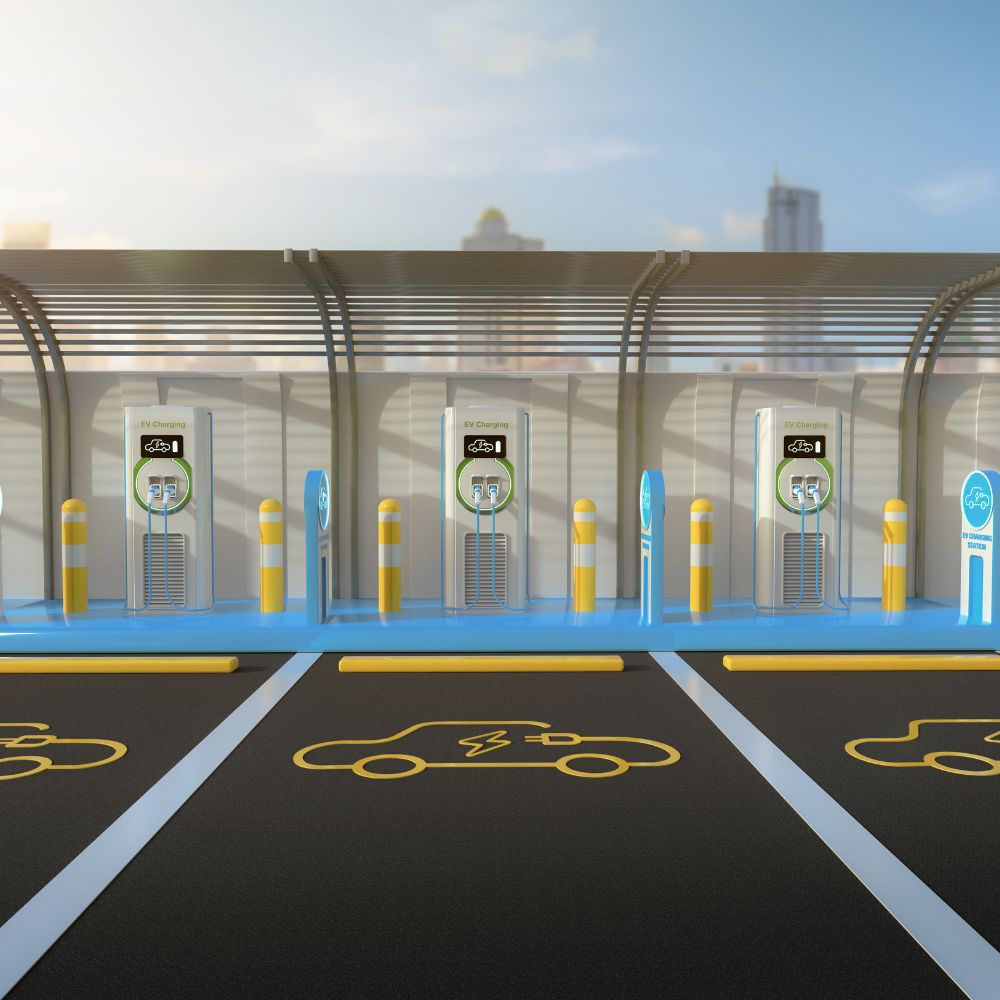In a significant development for the UK’s car industry, India’s Tata Group has unveiled plans to construct an electric vehicle (EV) battery plant in Britain. This move comes as a crucial step towards securing domestic battery production and ensuring a sustainable future for the industry. With the support of the British government, Tata Group will invest £4 billion ($5.2 billion) to build its first gigafactory outside of India, creating up to 4,000 jobs and producing an initial output of 40 gigawatt hours.
The announcement has been well-received, offering hope for the UK’s auto sector, which has lagged behind its European counterparts in EV battery gigafactories.
Government and Tata Group Join Forces
On Wednesday, the British government and Tata Group disclosed their joint venture to establish an EV battery plant in the UK. This landmark decision aims to bolster the country’s car manufacturing industry and provide employment opportunities for thousands of skilled workers. The investment, estimated at £4 billion, will pave the way for the construction of the gigafactory in Somerset, south-west England. The government, however, has been tight-lipped about the financial support offered to Tata Group, which reportedly involves subsidies worth hundreds of millions of pounds.
A Strategic Move for the UK Car Industry
With more than 30 EV battery gigafactories planned or under construction across the European Union, the UK has been trailing its European rivals in this crucial sector. Presently, the country only has one small Nissan plant, with another in progress. Prime Minister Rishi Sunak expressed his enthusiasm for Tata Group’s investment, citing the project’s potential to supply battery-electric models for Jaguar Land Rover (JLR), including renowned brands such as Range Rover, Defender, Discovery, and Jaguar.
Securing the Future of Car Manufacturing
The establishment of the new gigafactory is not only a testament to Tata Group’s commitment to the UK but also a shot in the arm for the country’s auto industry. Mike Hawes, head of the Society of Motor Manufacturers and Traders (SMMT), praised the investment as a critical move, especially as the global auto industry accelerates its transition towards electrification. Hawes emphasized the need for domestic battery production to anchor wider vehicle manufacturing in the UK for the long term.
Importance of Government Subsidies
Industry experts, including Andy Palmer, former CEO of Aston Martin and chairman of EV battery maker InoBat, stressed the significance of government subsidies to keep the UK competitive in the global market. Many countries worldwide are offering attractive incentives to preserve the integrity of their car industries and secure investments. The UK government acknowledges the competition it faces and aims to attract more significant projects like Tata Group’s gigafactory.
Addressing Challenges and Compliance
Europe faces tough competition from China for investments in the battery sector, while the failure of startup Britishvolt earlier in the year highlighted the challenges of establishing a home-grown battery industry in the UK. Despite these hurdles, homegrown battery production is critical for automakers to comply with post-Brexit trade rules that will require sourcing more EV components locally to avoid tariffs on UK-EU trade from 2024. Additionally, the UK has set net-zero goals, including a ban on the sale of new petrol and diesel cars from 2030, making the gigafactory an essential piece of the puzzle.
Conclusion
Tata Group’s decision to build an EV battery gigafactory in the UK is a significant boost for the country’s car industry. With an investment of £4 billion, this venture will create thousands of jobs and contribute to the production of batteries for JLR’s future EV models. It marks an essential step in securing domestic battery production and positioning the UK as a key player in the growing electric vehicle market. Government subsidies have played a crucial role in attracting such investments, and as the world transitions to electrification, the UK must continue to compete globally to secure its automotive future.















